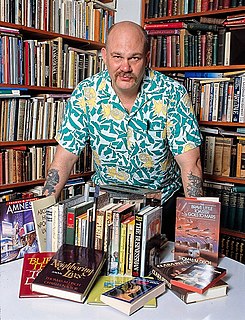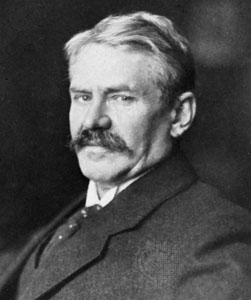A Quote by T. S. Eliot
Every experience is a paradox in that it means to be absolute, and yet is relative; in that it somehow always goes beyond itself and yet never escapes itself.
Related Quotes
Those wretches tainted with the error of Indifferentism and Modernism hold that dogmatic truth is not absolute, but relative: that is, that it must adapt itself to the varying necessities of the times and the varying dispositions of souls, since it is not contained in an unchangeable revelation, but is, by its very nature, meant to accommodate itself to the life of man.
We make assertions and denials of what is next to [the Divine Nature], but never of It, for It is both beyond every assertion, being the perfect and unique cause of all things, and, by virtue of Its preeminently simple and absolute nature, free of every limitation, beyond every limitation; it is also beyond every denial.
"The Universe repeats itself, with the possible exception of history." Of all earthly studies history is the only one that does not repeat itself. ... Astronomy repeats itself; botany repeats itself; trigonometry repeats itself; mechanics repeats itself; compound long division repeats itself. Every sum if worked out in the same way at any time will bring out the same answer. ... A great many moderns say that history is a science; if so it occupies a solitary and splendid elevation among the sciences; it is the only science the conclusions of which are always wrong.
Feminism without spirituality runs the risk of becoming what it rejects: an elitist ideology, arrogant, superficial and separatist, closed to everything but itself. Without a spiritual base that obligates it beyond itself, calls it out of itself for the sake of others, a pedagogical feminism turned in on itself can become just one more intellectual ghetto that the world doesn’t notice and doesn’t need.







































